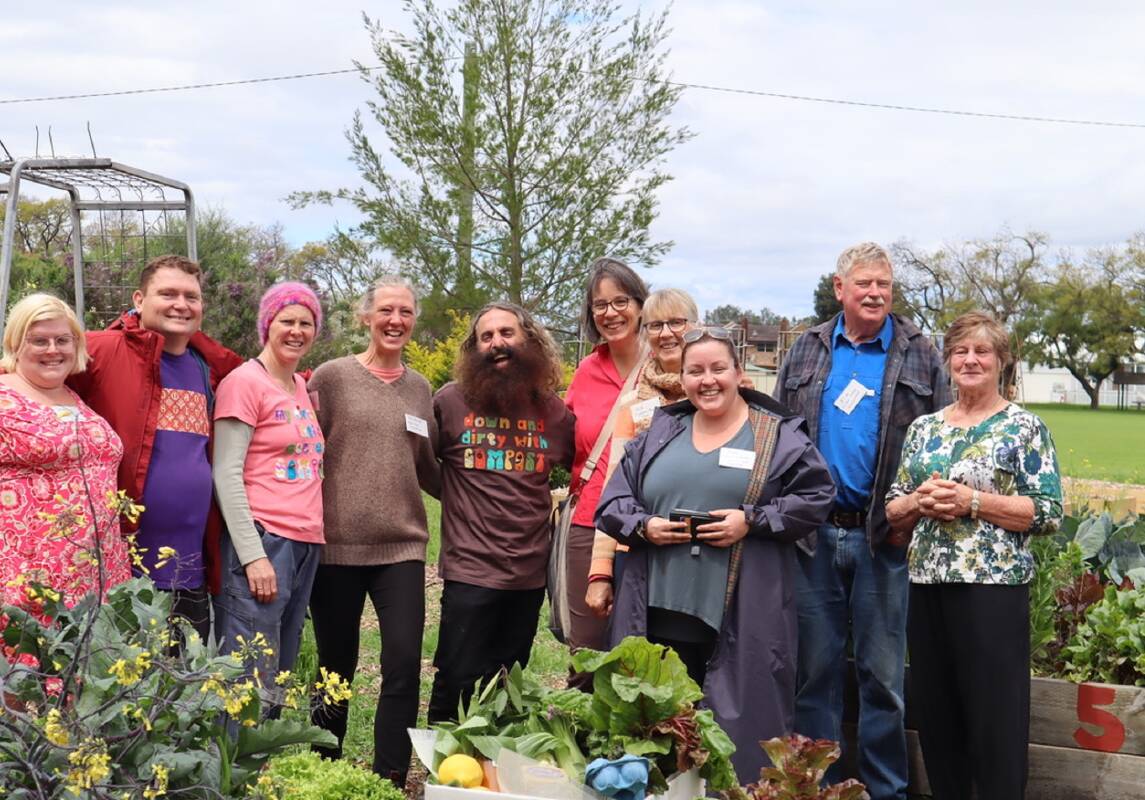
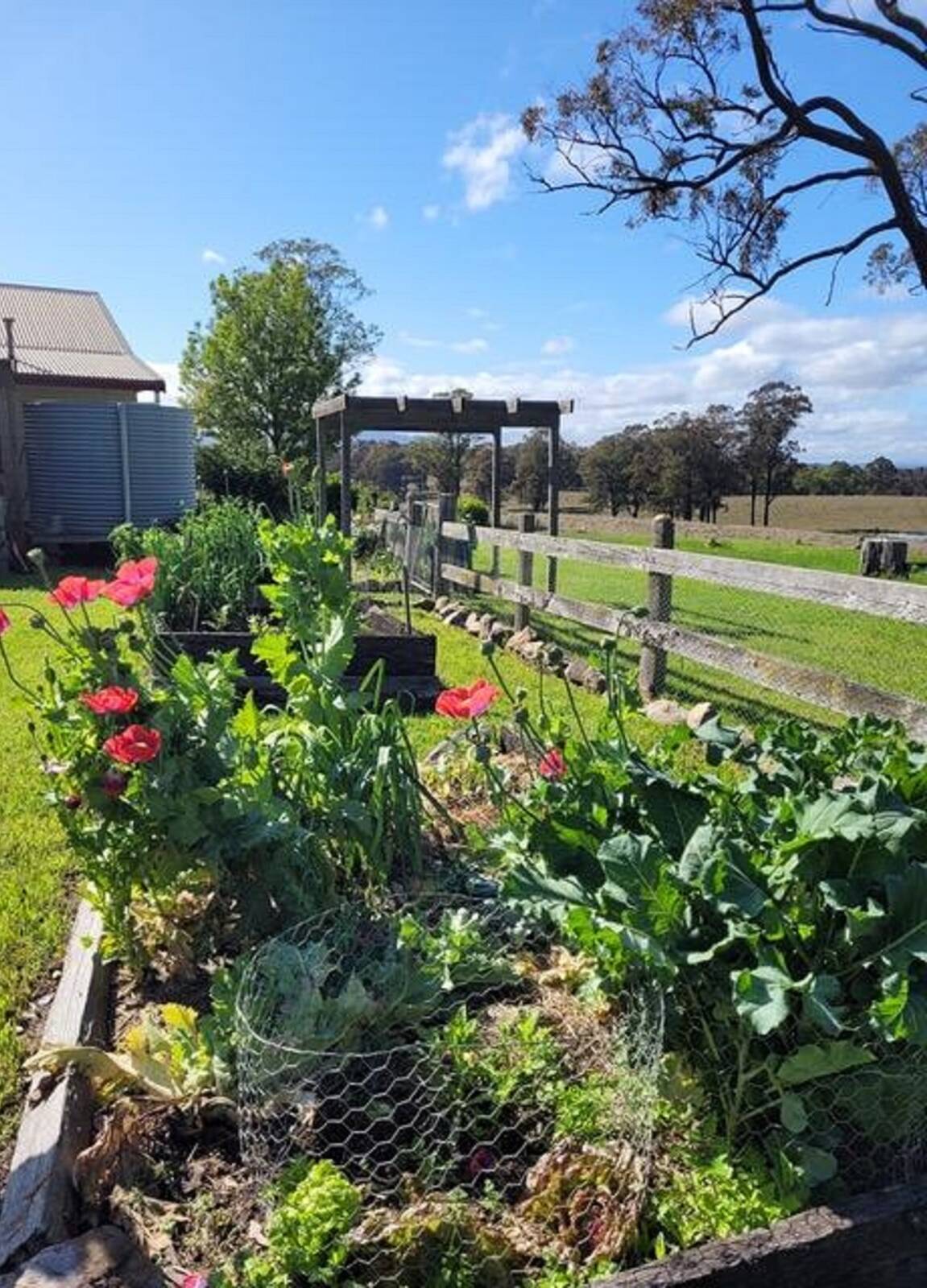
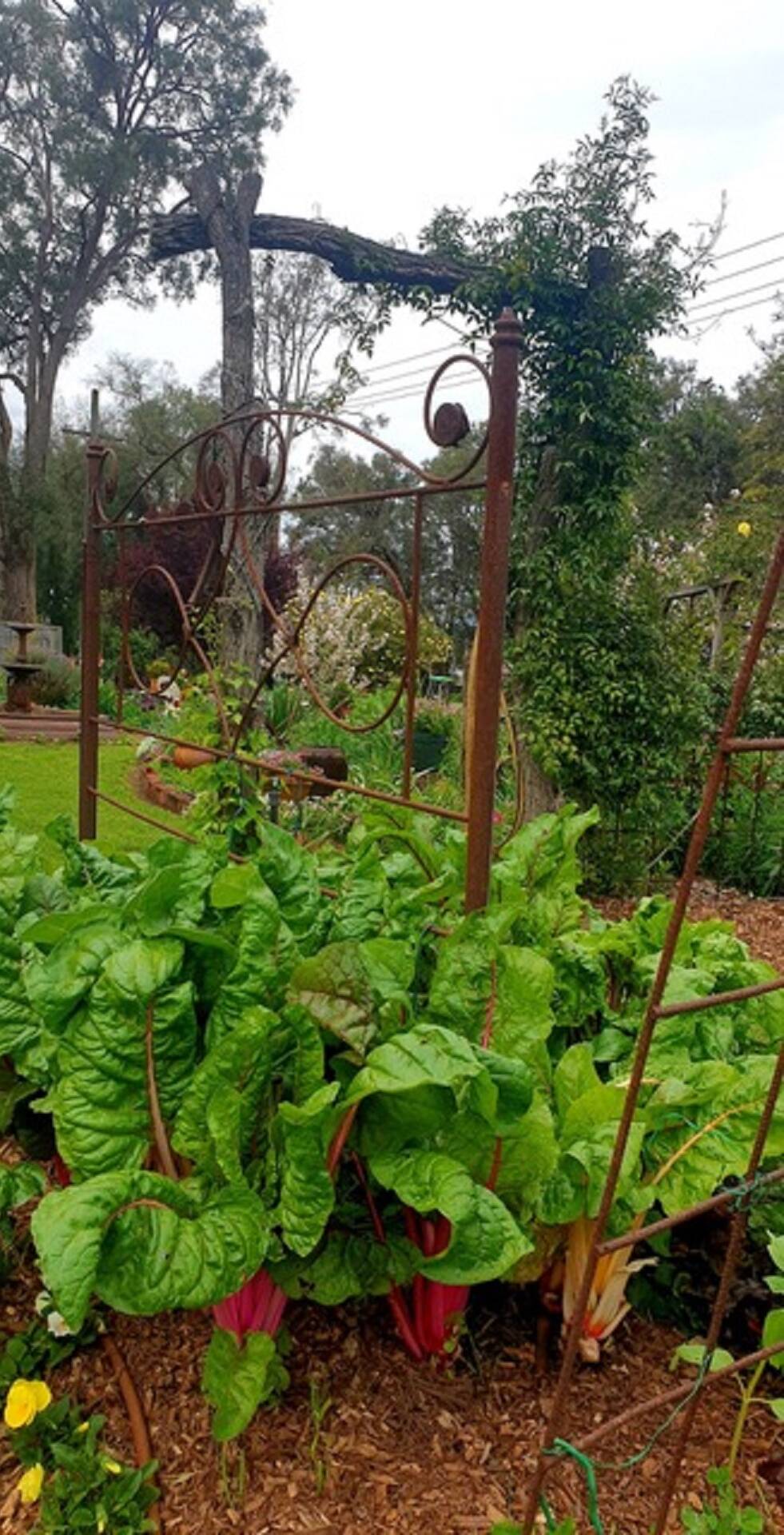
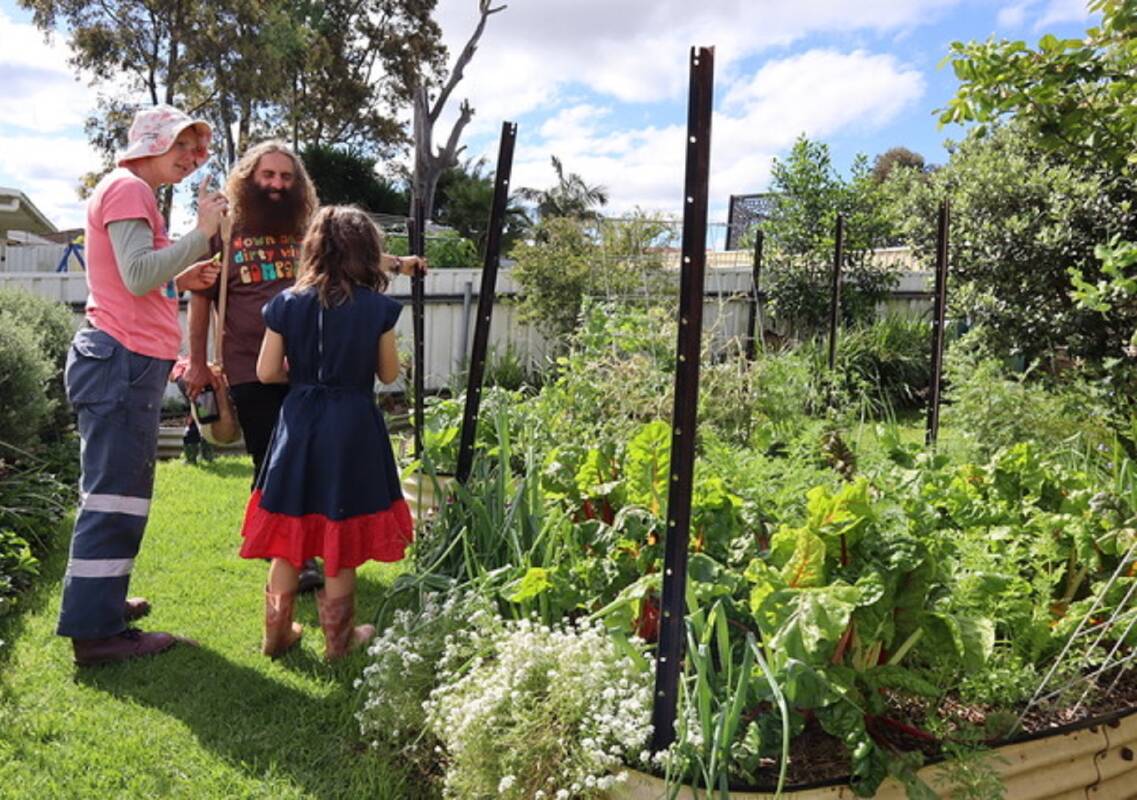
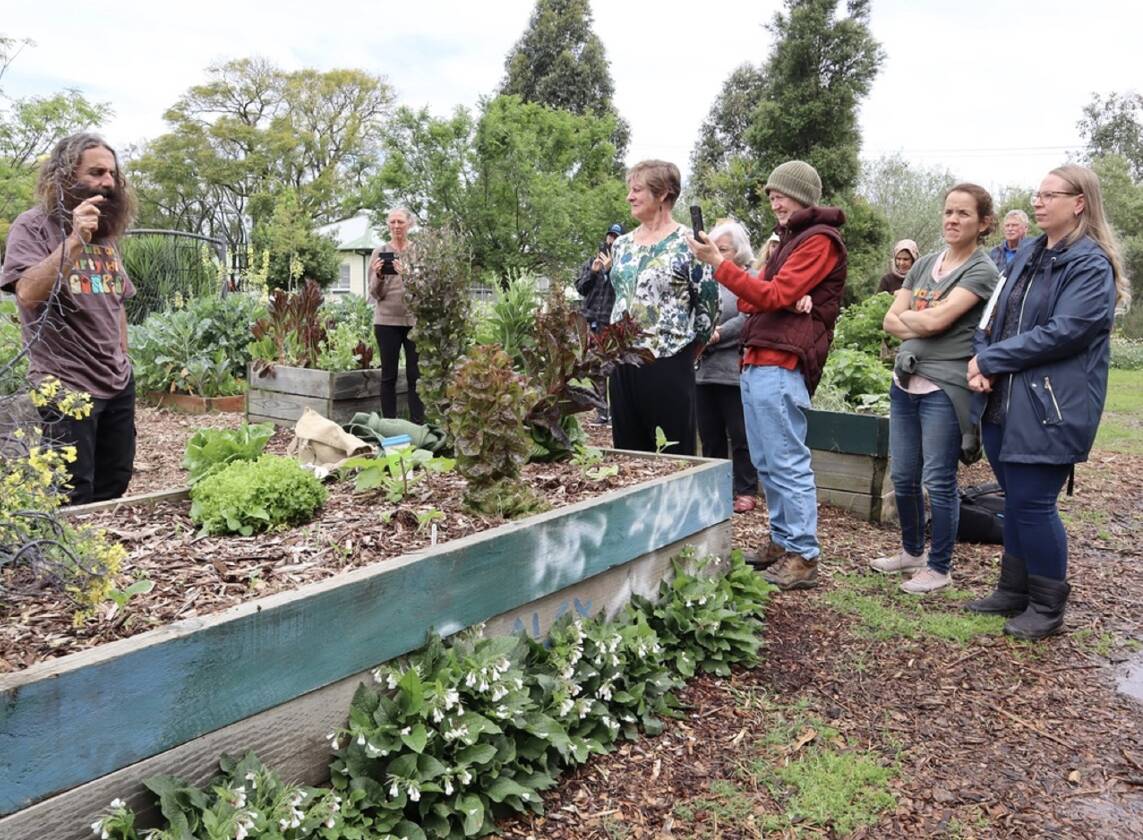
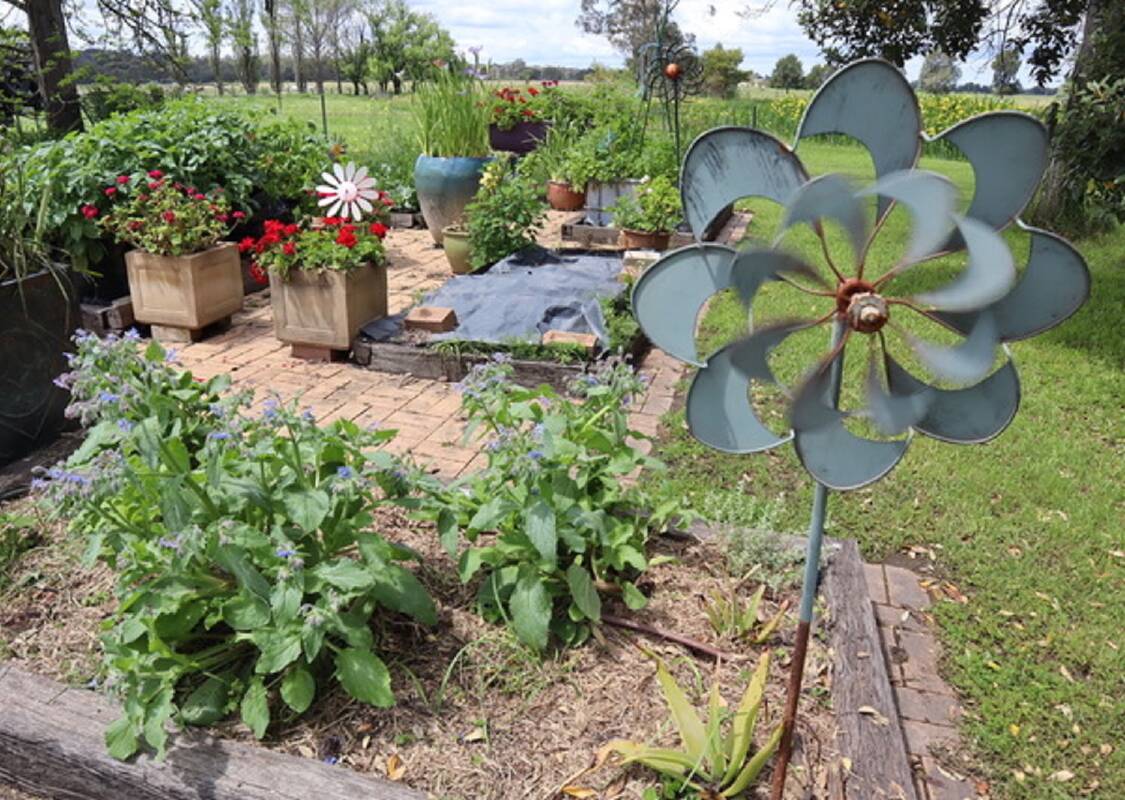
The Slow Food Singleton Community (SFSC) champions sustainability and promotes and supports the growing and sharing of locally grown food.
Established by Michelle Higgins in September 2019, SFSC is part of Slow Food International (SFI). A global, grassroots organisation, it was founded in 1989 and now has a presence in more than 160 countries.
The movement's origins trace back to 1986, when SFI founder Carlo Petrini and a group of activists protested against the planned opening of a McDonald's near Rome's Spanish Steps, seeing it as the rise of fast food and the demise of thoughtful food consumption.
"Slow Food International raises funds to support growers, communities, regions, and nations to preserve food products and food traditions. We promote biodiversity and the reduction of monocultures. Our motto is 'good, clean, and fair' and our guiding pillars are 'biodiversity, advocacy, and education'," explains Michelle Moon, SFSC spokesperson and president.
SFSC was the first Slow Food Community to be established in Australia, which offers a less rigid structure and more community-friendly model than the traditionally adopted 'conviva' (local chapters) structure.
"Our local SFSC promotes food waste reduction with our annual (Tidy Towns National Award Winning) Citrus Rescue, as well as encouraging locals to grow their own food and share with the community," says Moon.
"We co-ordinate the Seed Library at Singleton Public Library with the assistance of Singleton Council and have just successfully run our first Edible Garden Trail to educate locals and visitors about backyard veggie growing in our local area."
The group has been remarkably productive, even with the hurdles the pandemic and lockdowns created. This includes establishing the local seed library, picking, preserving, and sharing produce, providing education opportunities, running food demonstrations, fundraising, supporting, and engaging with other local community groups and organisations.
Food rescue is also a big part of their work. Their annual citrus rescue, which was first held in 2019, ensures that local surplus citrus (which would otherwise go to waste and potentially cause local pest and disease problems for other nearby growers) is repurposed.
More than 60 boxes of fruit were sent to drought areas that had received no fresh citrus for months in 2019. In 2021, some 70 boxes of citrus were distributed across the Singleton and Branxton areas, with recipients including Singleton Public School (for its student breakfast program), the Singleton Neighbourhood Centre (for its Open Doors program), and local pre-schools.
The SFSC also hosted their inaugural Edible Garden Trail event in October, with plans for the event to be held annually.
"Ten gardens in the Singleton area, including our local Singleton Community Garden, were open for viewing and the gardeners present to answer visitors' questions," says Moon.
"Visitors could travel around the gardens at their leisure during the day, with a base at the Community Garden where the Red Cross Singleton Branch served cakes, sandwiches, and drinks. The Seed Library was also there along with the hosts at the Community Garden showing them around and talking about how to get involved."
An array of gardens were included in the Trail this year, including rural gardens set on large acreage, ornamental and town gardens, and one by an enthusiastic 14-year-old gardener. Some were just a few years old; others were more established at 10 and 15 years of age. Each represents different uses of space, principles, and approaches.
In the lead-up to the event, much-loved Gardening Australia host Costa Georgiadis paid SFSC a visit, popping into the Singleton Community Garden and the gardens of three locals taking part in the Trail.
"We had perfect weather and nearly 200 people registered and visited the gardens. Quite a few had travelled to Singleton from Newcastle, Western NSW and Sydney."
With growing awareness of climate change and ongoing natural disasters, Moon notes: "More and more people are embracing the message of self-sufficiency and sustainability, highlighted with the reduction in available food during COVID, as well as the impacts of climate change on food production and availability."







